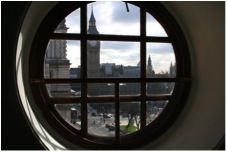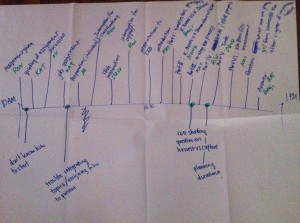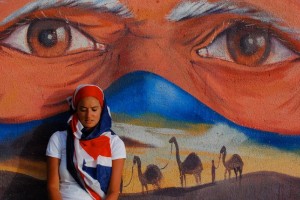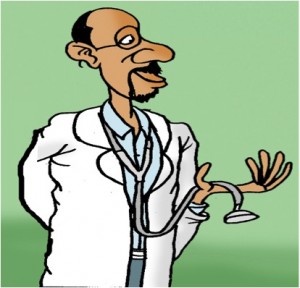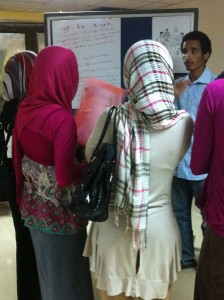As I write this an updated Government knowledge & information Strategy is being crafted.
Following the recognition of knowledge & information management (KIM) as one of the professions of government and building on Information Matters published in 2008 it represents another important milestone in the journey towards a more flexible workforce able to recognise, capture and retain that knowledge & information critical for its current and future business.
More on that in due course once the Strategy has been released.
turning the km & i vison into reality
Recently HMRC (through Civil Service Learning) commissioned Sparknow and I to run a set of pilot programmes on capturing and exploiting corporate knowledge. HMRC like all areas of governement face the threefold challenge of:
- equipping new joiners with sufficient knowledge and information that they are able to hit the ground running (while making the most of the knowledge they are bringing to the organisation)
- ensuring that when staff are reassigned they have sufficient time and access to the knowledge they need to transition into the new role
- capturing the huge experience and knowledge (often tacit) from staff who are coming up for retirement, whose job may be dissapearing or who are leaving to pursue a career elsewhere.
In welcoming the participants our sponsor said:
This proposed programme…aims to make knowledge retention part of the engrained behavior and the way ‘we’ work. It should be a continuous process fuelled by the belief that everyone has something to contribute and much to learn from sharing knowledge.
Our challenge then: to develop an informative, participative and enjoyable set of interlinked modules that gives exposure to a dozen or so tools and techniques that will help to identify, capture and reuse what are often termed ‘critical knowledge assets. And find a measurement (we used Dr Donald Kirkpatrick’s Learning Evaluation Model) to assess the success of this capacity building initiative.
Over the next month I am going to be taking a more in depth look at the modules we ran and the areas that stimulated most interest among the dozen or so senior HMRC staff from different areas of the business around the UK. So as ‘they’ say: ‘watch this space’!
when knowledge & information flow
As part of the discussions leading up to the programme we developed a vision (a future story) of what an knowledge & information friendly environment might look like:
I’ve just returned from ‘an audience with…’ session with John who is about to retire. It was different from the usual breakfast briefing – we got to learn about topics and events we’d identified as being of interest. Hearing those described by someone who’d been through it all was really insightful for a relative newcomer.
I relocated this year: thanks to Agnieska who’d built a bridge between my predecessor and me there were few surprises and I still see Jane for a regular catch up. I am much more aware of things that are going on, who I can go to and ask a question. Most importantly I now have a set of useful questions and the confidence to ask them in any situation.
I am keeping my Decision Journal: who’d have thought it but it’s been immensely valuable as a prompt when having conversations. And I am now a timeline convert and shocked my Director when I used postcards on a timeline to share my regular update.
I do feel that should I leave it would be easier to pass on what I’ve learned in a more illuminating way. If only I’d begun it earlier – using objects as prompts has made sharing experiences intuitive.
The business has benefited: an idea brought in by a new staff member resulted in process improvements that improved collection rates; when Roger transferred to East Kilbride the transition time was much shorter as he was able to tap into the networks of his predecessor and the insights that emerged from the sessions with Priyanga prior to her departure helped shape the new set up in Southend. Whereas before we may have lost touch, now she still feels a sense of attachment and was at one of the recent breakfast events that are now open to alumni.

